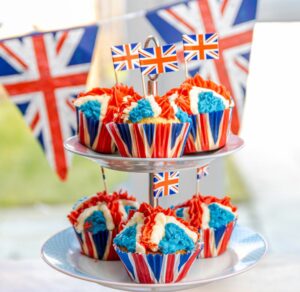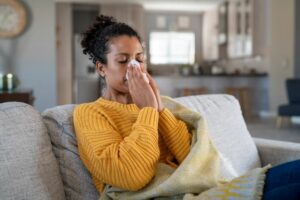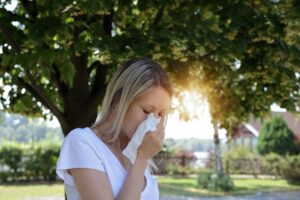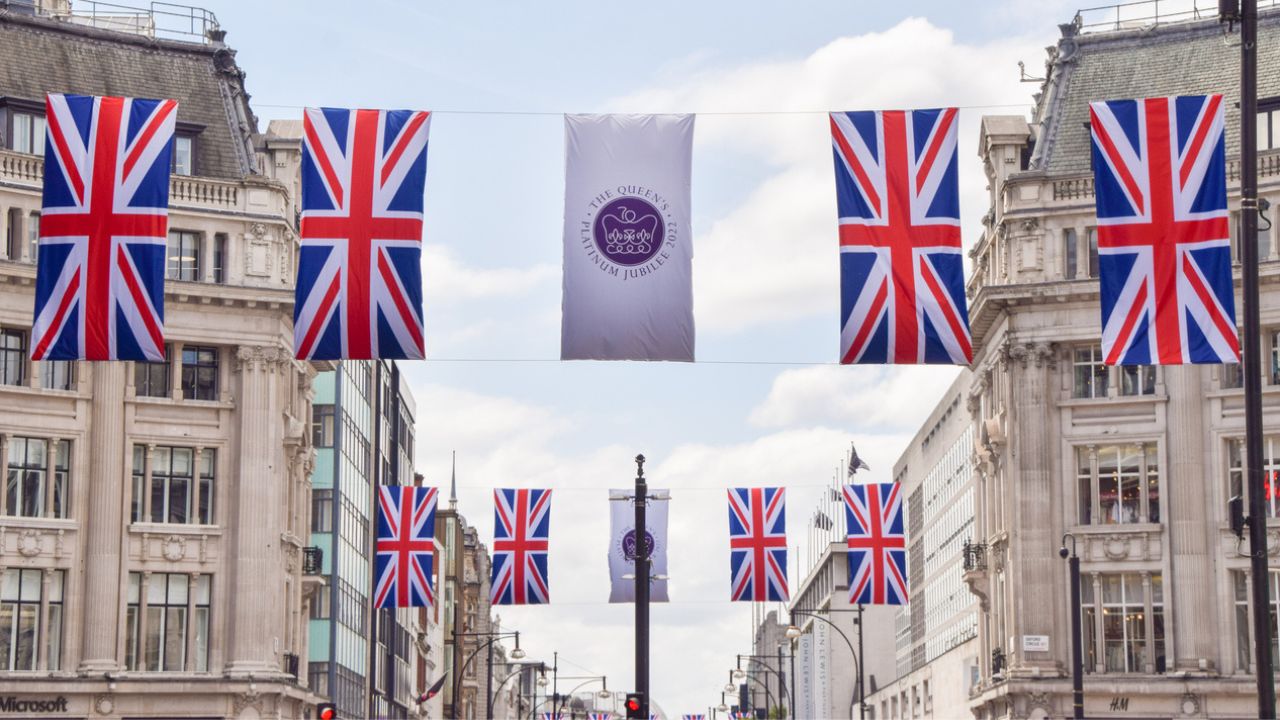Hay fever set to ruin you weekend? Healthista spoke to Claire Barnes, Bio-Kult’s Technical Advisor who reveals 6 ways to relieve hay fever symptoms this Jubilee Bank Holiday Weekend
With a warm June Bank Holiday weekend ahead, hay fever sufferers may be feeling slightly more apprehensive then everyone else.
According to Allergy UK, 40 per cent of British adults suffer from seasonal allergic rhinitis, aka hay fever.
Hay fever tends to be worse during the summer months, this is because hot weather can exacerbate hay fever, and experts claim that breathing in hot air can cause the airways to narrow, leading to coughing and shortness of breath.
Hot weather can also increase the amount of pollutants and mould found within the air, which can also affect asthma symptoms.
With hay fever under control, you are free to enjoy the long weekend
Hay fever is a part of the most common group of allergies known as inhaled allergies. Inhaled allergens are hard to avoid because simply breathing in can trigger a reaction.
When an allergy sufferer encounters an allergen, histamine is released telling the body to get the allergen out. This is when the sneezing, runny nose, and coughing all begins to happen.
Being prepared for the high pollen count that no doubt hay fever suffers have already been falling victim to these past couple of months is the best way forward to enjoying this weekend. With hay fever under control, you are free to enjoy the long weekend without streaming eyes or runny noses.
Here are some of the best ways to keep these symptoms at bay…
#1 Keep yourself hydrated
Histamine release is increased when we are dehydrated, drinking plenty of filtered water throughout the day and reducing alcohol, tea and coffee could potentially help to reduce hay fever symptoms.

#2 Do your part for pollution
Hay fever is an over-reactive immune response to usually harmless substances such as pollen and grass, triggering the release of IgE antibodies and the inflammatory substance histamine.
As if hay fever symptoms weren’t uncomfortable enough, researchers now believe that when pollen interacts with high levels of air pollution, such as that seen across most cities in the UK, its allergic effect may be heightened.
pollution level forecasts may be just as important as pollen counts for hay fever sufferers
This means it takes lower levels of pollen in the air to cause hay fever and other problems such as asthma. Some experts now even believe pollution level forecasts may be just as important as pollen counts for hay fever sufferers going forward.
So, make the most of the nice weather and walk or cycle over the weekend, it might just make that bit of difference.
READ MORE: Hay fever season: 5 proven ways to reduce symptoms
#3 Try to cut out or reduce dairy intake
A recent study found a dairy-free diet was associated with a significant reduction in runny nose in adults suffering with persistent nasal mucus secretions. Try eliminating dairy from the diet for two to three weeks to see if it improves hay fever symptoms.

#4 Eat more anti-inflammatory foods
Increasing omega 3 fats and reducing omega 6 fats in the diet can help to rebalance inflammation in the body.
Omega 3 fats can be found in oily fish (mackerel, salmon and sardines), walnuts, flaxseeds and grass-fed meats, whereas omega 6 fats are high in vegetable oils, margarines, crisps and processed meats.
Other foods which help reduce inflammation and balance mucus production are ginger, chilli, pepper, and curry. Try adding these spices into soups, stews, dahls and fruit and veggie smoothies.
READ MORE: 7 hay fever remedies recommended by an actual doctor
#5 Balance Bacteria
Approximately 70 per cent of the immune system is located within the gut. The cells lining the digestive tract have an extremely important role in being able to absorb nutrients efficiently, whilst also blocking out viruses, pathogens and allergens.
Consuming fermented foods, such as sauerkraut, kimchi or kefir helps to keep the lining of the digestive tract intact and support the immune system.
A review and meta-analysis looking at the role of live bacteria supplements in the treatment of hay fever concluded that those taking live bacteria supplements had significant reduction in their hay fever symptoms.
Consuming fermented foods, such as sauerkraut, kimchi or kefir helps to keep the lining of the digestive tract intact
In addition to nourishing the gut through food, research suggests that live bacteria supplements, such as Bio-Kult Advanced Multi-Strain Formula, may benefit hay fever sufferers via interactions with the immune system, which modify the natural course of allergic disease.
A recent 2017 study found that supplementing with a multi-strain live bacteria formula, containing lactobacilli and bifidobacterium species for eight weeks, helped to alleviate hay fever symptoms and improved quality of life during allergy season in hay fever sufferers.
It’s hypothesised that live bacteria supplements may be even more effective, when taken as a preventative measure, so it’s recommended to start supplementation a few months before hay fever season, or to supplement regularly throughout the year.

#6 Limit alcohol intake
We are all guilty of over indulging on alcoholic drinks throughout the summer, as the warmer weather drives us to enjoy beer gardens, BBQs and our favourite beach spots.
However, alcohol is loaded with histamine, which is known to cause an inflammatory response and worsen the symptoms of seasonal allergies.
Even just drinking more than one glass a day can cause problems for more perennial hay fever sufferers, with wine being a particular risk, so try not to get carried away!
Like this article? Sign up to our newsletter to get more articles like this delivered straight to your inbox.



















































